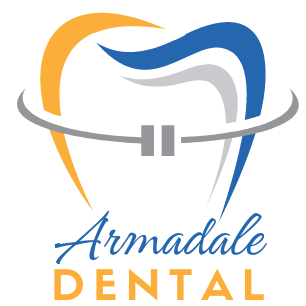Sleep apnea is a common sleep disorder that affects millions of people worldwide. It is characterized by brief interruptions in breathing during sleep, which can lead to disrupted sleep patterns and a range of health issues. To address this condition, healthcare providers offer a comprehensive sleep apnea service designed to diagnose, treat, and manage the disorder effectively.
The Process of the Sleep Apnea Service:
- Consultation and Evaluation: The process typically begins with a consultation with a sleep specialist. During this evaluation, patients discuss their sleep patterns, symptoms, and medical history. The specialist may also recommend a sleep study to confirm the diagnosis.
- Sleep Study (Polysomnography): A sleep study, often conducted in a sleep center, involves monitoring various physiological parameters during a night’s sleep. This includes monitoring brain activity, heart rate, eye movement, and breathing patterns. It helps in diagnosing the severity of sleep apnea.
- Diagnosis: Based on the results of the sleep study, the sleep specialist can diagnose the type and severity of sleep apnea. There are three main types: obstructive sleep apnea, central sleep apnea, and complex sleep apnea syndrome.
- Treatment Plan: Once diagnosed, the sleep specialist will create a personalized treatment plan. Treatment options may include lifestyle changes, such as weight loss or positional therapy, and medical devices like Continuous Positive Airway Pressure (CPAP) machines, dental appliances, or surgery in severe cases.
- CPAP Therapy: If prescribed a CPAP machine, patients will be provided with the necessary equipment and receive guidance on its use. CPAP therapy involves wearing a mask during sleep that delivers a constant stream of air pressure to keep the airway open.
- Follow-up and Monitoring: Regular follow-up appointments are essential to monitor the effectiveness of the treatment and make necessary adjustments. This may involve fine-tuning the CPAP machine settings or exploring alternative treatments.
- Lifestyle Modifications: Patients are often encouraged to make lifestyle changes, such as maintaining a healthy weight, avoiding alcohol and sedatives, and establishing good sleep hygiene practices.

Can sleep apnea be cured completely through treatment?
While sleep apnea can be effectively managed and symptoms significantly reduced with treatment, it is important to note that it may not always be completely cured. The degree of success in treatment varies depending on the severity of the condition and individual factors. Lifestyle changes and therapies like CPAP can provide substantial relief, but a complete cure may be elusive for some individuals, especially in severe cases. Nonetheless, sleep apnea services aim to improve sleep quality, reduce associated health risks, and enhance overall well-being. Regular follow-up and adherence to the prescribed treatment plan are crucial for long-term success in managing sleep apnea.
